Scientists 'suppressed' paper over climate sceptic argument
Researcher claims his paper was rejected because it might help climate sceptics advance their case
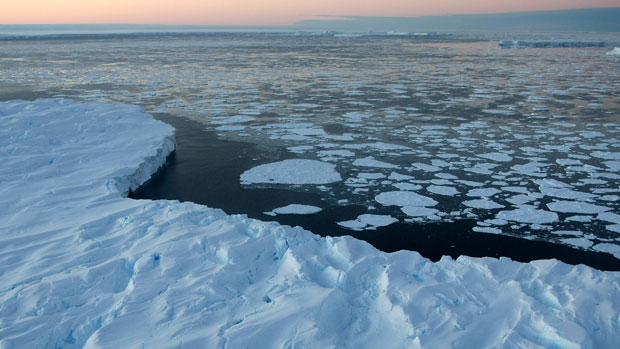
A free daily email with the biggest news stories of the day – and the best features from TheWeek.com
You are now subscribed
Your newsletter sign-up was successful
SCIENTISTS deliberately suppressed research that cast doubt on the rate of global warming because it might be used by climate sceptics to advance their arguments, it has been claimed.
Lennart Bengtsson, a research fellow at the University of Reading, believes his paper was rejected by Environmental Research Letters, one of the world's top academic journals, because of intolerance of dissenting views on climate science.
The paper, co-authored with four other scientists from America and Sweden, was rejected earlier this year after a reviewer privately wrote that publishing it would be "less than helpful".
The Week
Escape your echo chamber. Get the facts behind the news, plus analysis from multiple perspectives.

Sign up for The Week's Free Newsletters
From our morning news briefing to a weekly Good News Newsletter, get the best of The Week delivered directly to your inbox.
From our morning news briefing to a weekly Good News Newsletter, get the best of The Week delivered directly to your inbox.
The unnamed scientist concluded: "Actually it is harmful as it opens the door for oversimplified claims of 'errors' and worse from the climate sceptics media side."
Bengtsson's paper challenged findings from the UN's Inter-governmental Panel on Climate Change (IPCC) that the global average temperature would rise by up to 4.5C if greenhouse gases in the atmosphere were allowed to double.
The paper suggested that the climate might be much less sensitive to greenhouse gases and recommended more work be carried out "to reduce the underlying uncertainty".
Following the rejection, Bengtsson said: "The problem we now have in the climate community is that some scientists are mixing up their scientific role with that of a climate activist."
A free daily email with the biggest news stories of the day – and the best features from TheWeek.com
Bengtsson said he was also forced to step down from the advisory board of the Global Warming Policy Foundation, a climate sceptic think-tank, after he was subjected to "McCarthy" style pressure from other scientists.
The claims are a stark reminder of events at the University of East Anglia in 2009, dubbed 'Climategate', when scientists were accused of suppressing inconvenient data that did not support global warming predictions, says The Times. They were later cleared, but the IPCC was found to have misrepresented part of their research.
A spokesman for IOP Publishing, which publishes Environmental Research Letters, said that two independent peer-reviews had reported that the paper contained "errors" and "did not provide a significant advancement in the field", therefore failing to meet the journal's required acceptance criteria.
-
 How the FCC’s ‘equal time’ rule works
How the FCC’s ‘equal time’ rule worksIn the Spotlight The law is at the heart of the Colbert-CBS conflict
-
 What is the endgame in the DHS shutdown?
What is the endgame in the DHS shutdown?Today’s Big Question Democrats want to rein in ICE’s immigration crackdown
-
 ‘Poor time management isn’t just an inconvenience’
‘Poor time management isn’t just an inconvenience’Instant Opinion Opinion, comment and editorials of the day
-
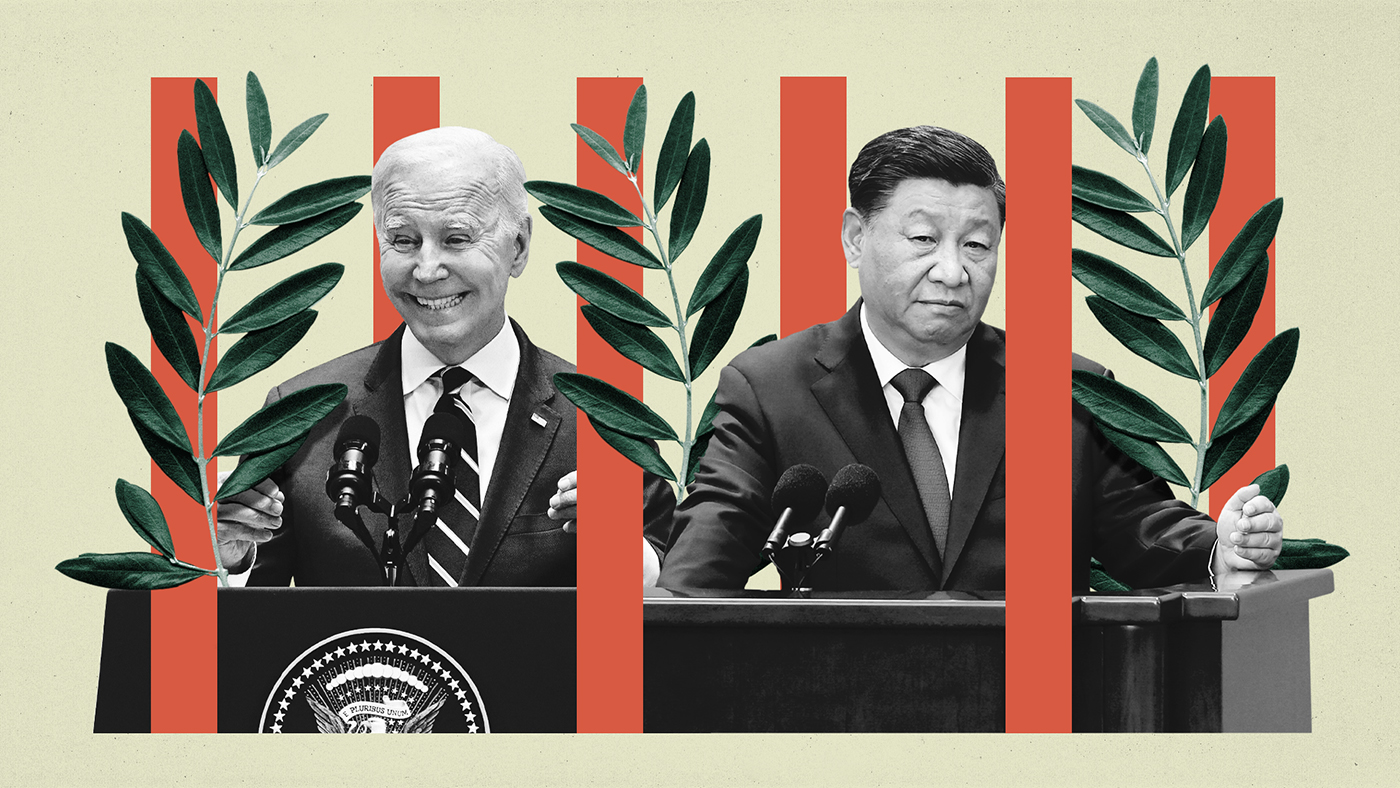 US-China talks: can Biden mend ties with Beijing?
US-China talks: can Biden mend ties with Beijing?Today's Big Question Treasury Secretary Janet Yellen to use visit to ‘re-establish contact’ between world’s two largest economies
-
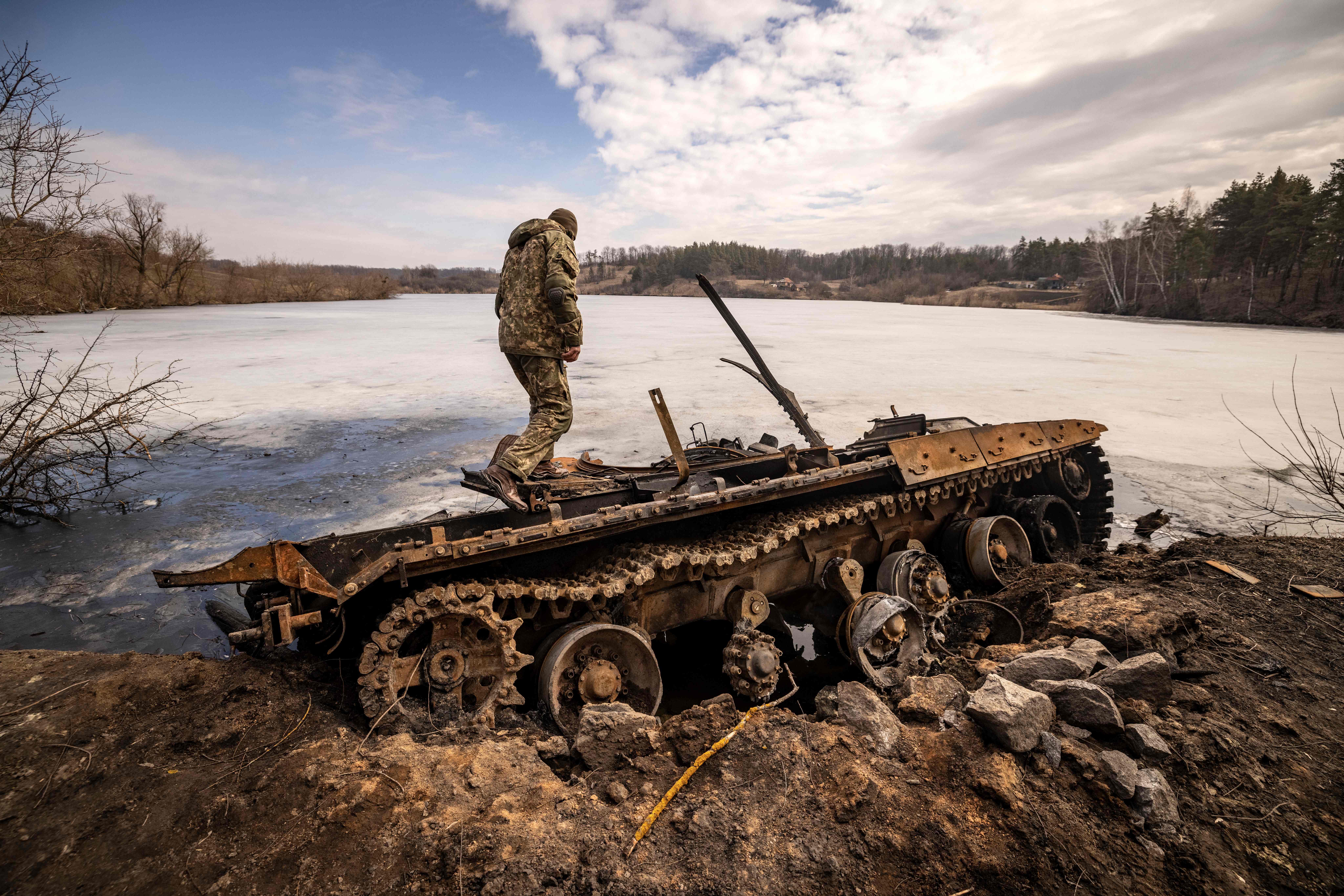 Can climate change lose Russia the war in Ukraine?
Can climate change lose Russia the war in Ukraine?Speed Read Russia's 'trump card' surprisingly took a major hit this winter
-
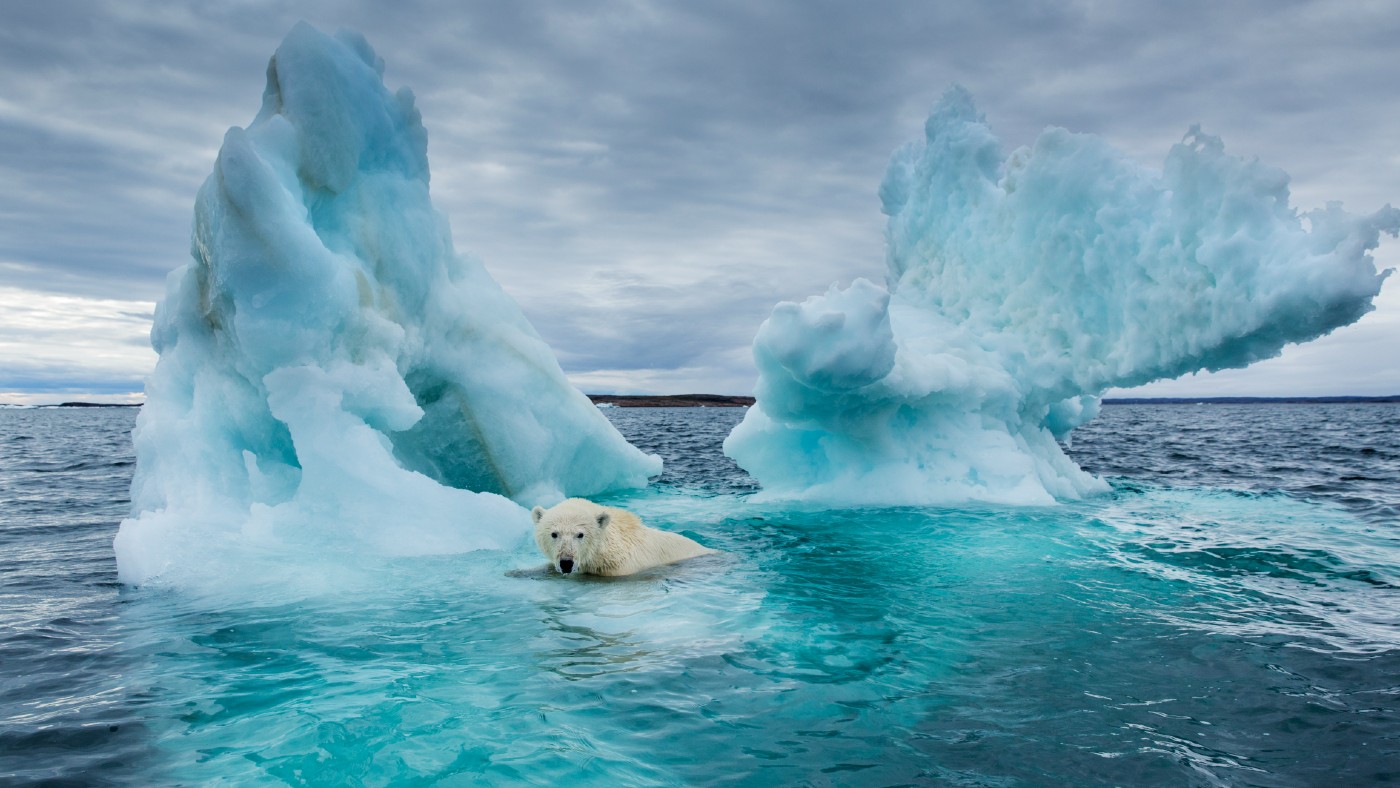 Do polar bears no longer need saving?
Do polar bears no longer need saving?feature New study offers ‘glimmer of hope’ for some polar bears – but with caveats
-
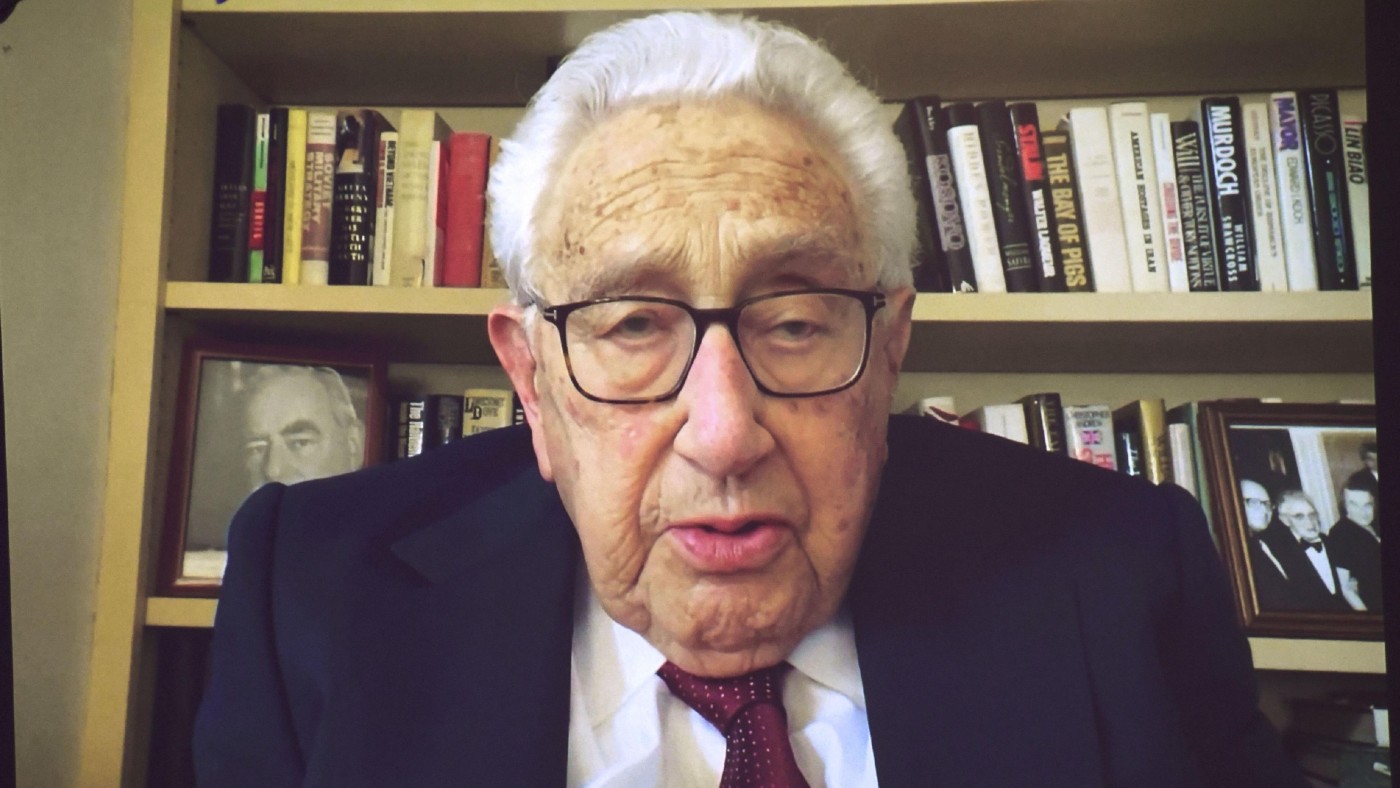 Is Henry Kissinger right about Ukraine?
Is Henry Kissinger right about Ukraine?Speed Read The US statesman made a controversial speech at a virtual Davos appearance last week
-
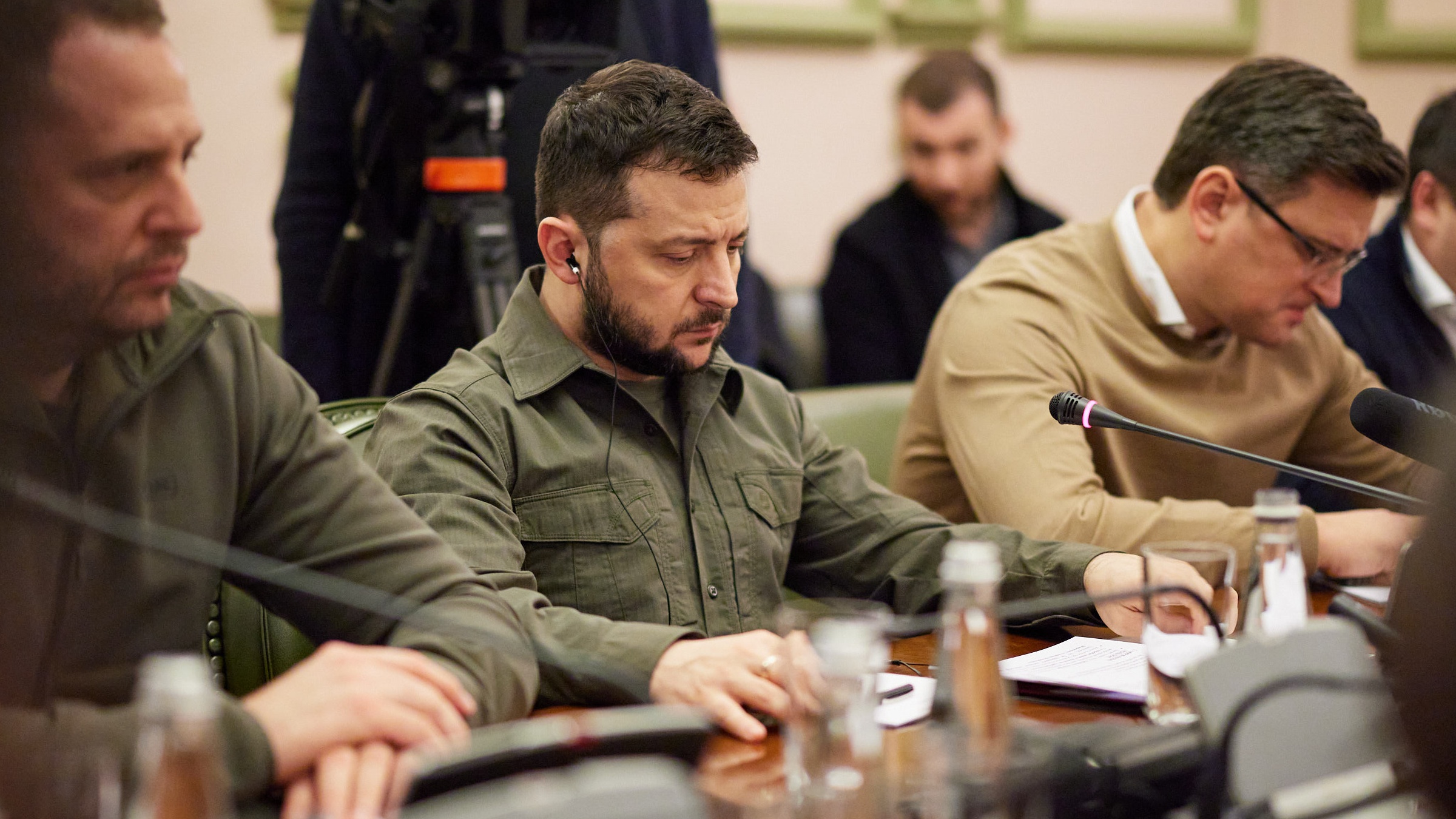 Volodymyr Zelenskyy refused evacuation as Russian hitmen ‘parachuted’ into Kyiv
Volodymyr Zelenskyy refused evacuation as Russian hitmen ‘parachuted’ into KyivSpeed Read Ukrainian president turned down opportunity to leave capital despite threat to life, adviser claims
-
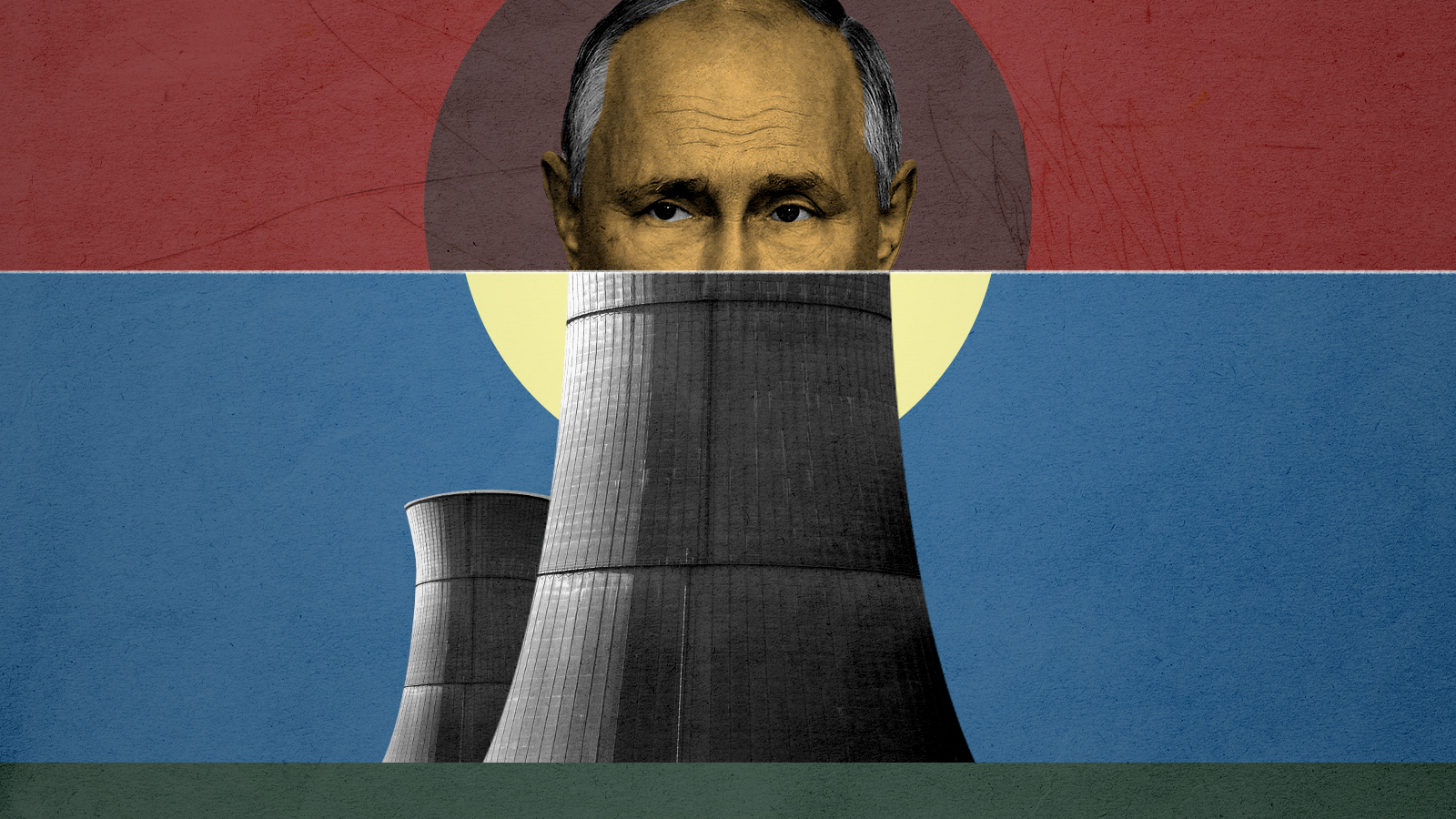 Could war in Ukraine be a deathblow for nuclear power?
Could war in Ukraine be a deathblow for nuclear power?Talking Point
-
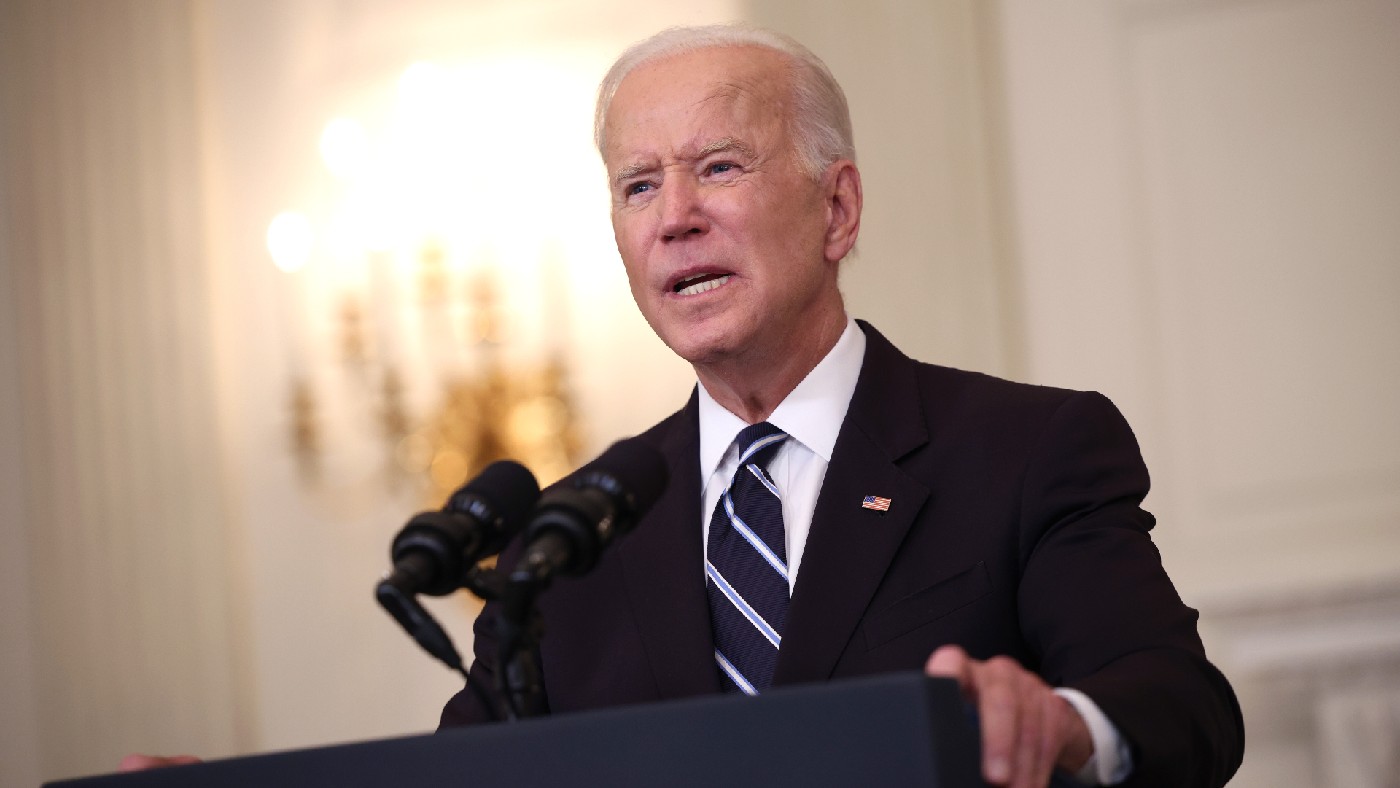 America’s withdrawal from Afghanistan: a retreat into isolationism?
America’s withdrawal from Afghanistan: a retreat into isolationism?Speed Read ‘In his selfish unilateralism’, Biden is no better than Trump, said The Daily Telegraph
-
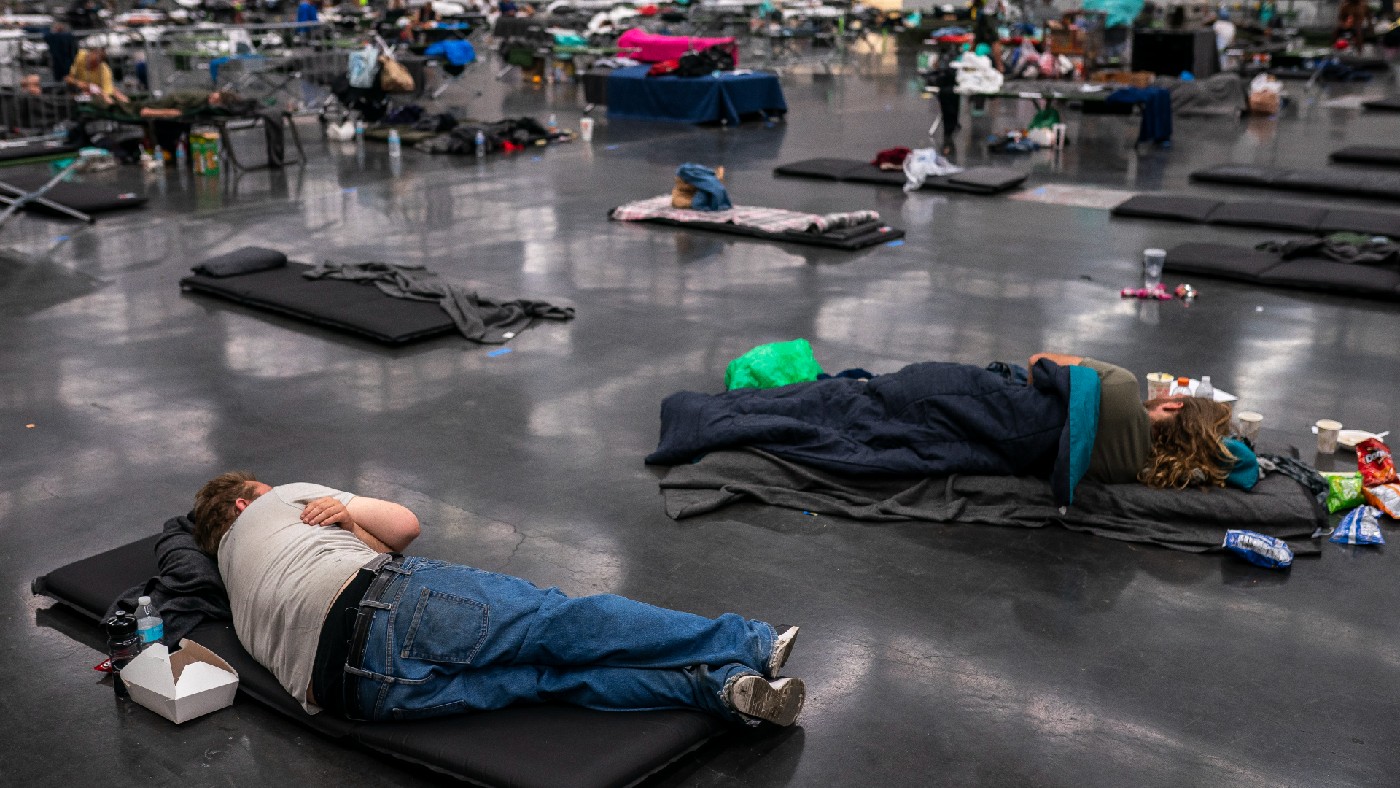 The ‘heat dome’: blistering temperatures in the Pacific Northwest should act as a wake-up call
The ‘heat dome’: blistering temperatures in the Pacific Northwest should act as a wake-up callSpeed Read People are used to hearing of record-high temperatures in desert states such as Nevada or Arizona, but not in verdant Washington and Oregon